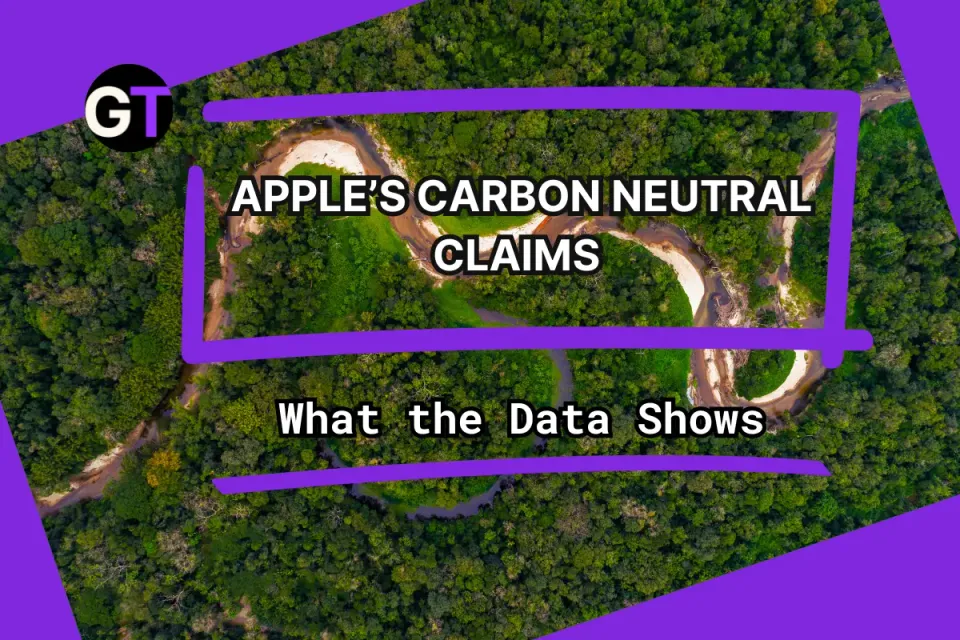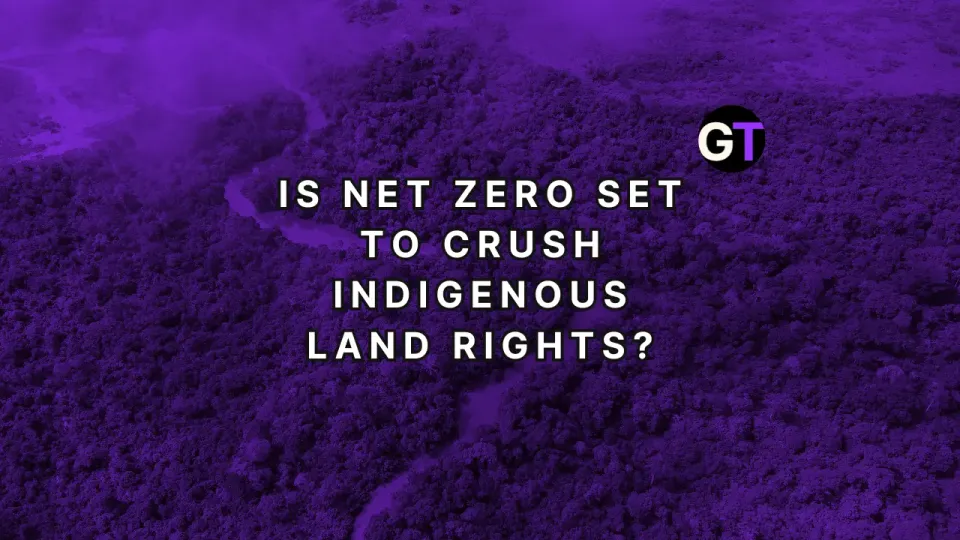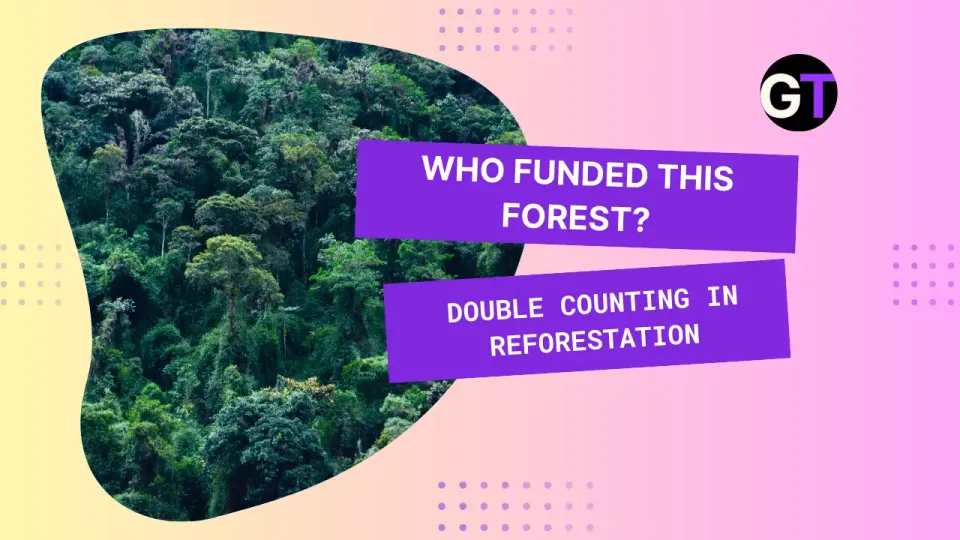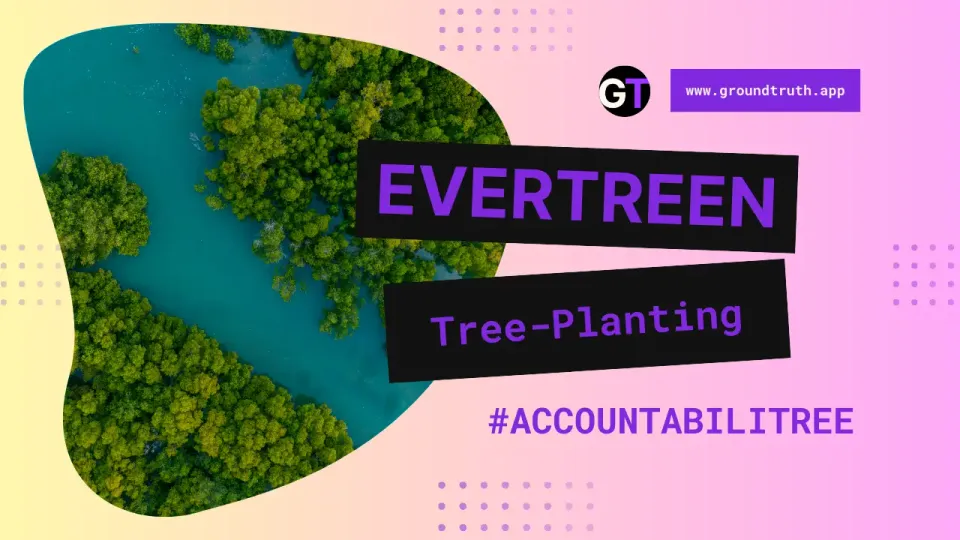Why Sharing Forest Data Matters More Than Ever🌳
How can we support nature-based solutions if we don’t know whether or not they’re succeeding?

Introduction🌲️
As we face challenges like climate change, biodiversity loss, and environmental degradation, forests are one of our most important allies. To protect and restore these ecosystems, we need access to high-quality forest data. This study by Liang et. al. (2020) highlights the urgent need for open access to global forest data, especially in situ measurements, which are crucial for global environmental efforts.
Why is this data so essential? Having accurate forest measurements allows us to track how forests are changing, pinpoint areas needing protection or restoration, and understand how biodiversity drives forest productivity. Without this data, effective strategies to combat climate change—like reforestation initiatives—become less precise and, ultimately, less impactful. As the saying goes: “If you can’t measure it, you can’t manage it.” How can we support nature-based solutions if we don’t know whether or not they’re succeeding?
Forests at the Crossroads of Global Crises🌱
Forests are vital in the fight against climate change, absorbing a significant amount of greenhouse gases. They also host most of the world's land-based biodiversity, providing essential services for life on Earth.
However, deforestation, forest degradation, and biodiversity loss are happening at an alarming rate, with serious consequences for both the environment and human health. The study argues that without open access to forest data, our ability to address these crises will be greatly limited. Policymakers, activists, and the public need access to this data to protect our forests effectively.
A full inventory of the forest is essential to understanding how these ecosystems are changing and where protection efforts should be focused.
What do you think? How can open data help us better protect global forests?
The State of Global Forest Data Sharing📊
Despite advances in remote sensing technology, in situ forest data—collected directly from the ground—remain irreplaceable for accurately monitoring and managing forest ecosystems. You might say that the data needs to be... ground truthed. ✌️🌲
The 2020 study points out that less than 30% of in situ forest datasets are openly accessible, which is a major hurdle for global research and policy-making. The authors call for a combined effort from top-down initiatives by organizations like the FAO and bottom-up efforts from local communities and NGOs to improve data sharing worldwide.
Curious about the details? Dive deeper into the study here
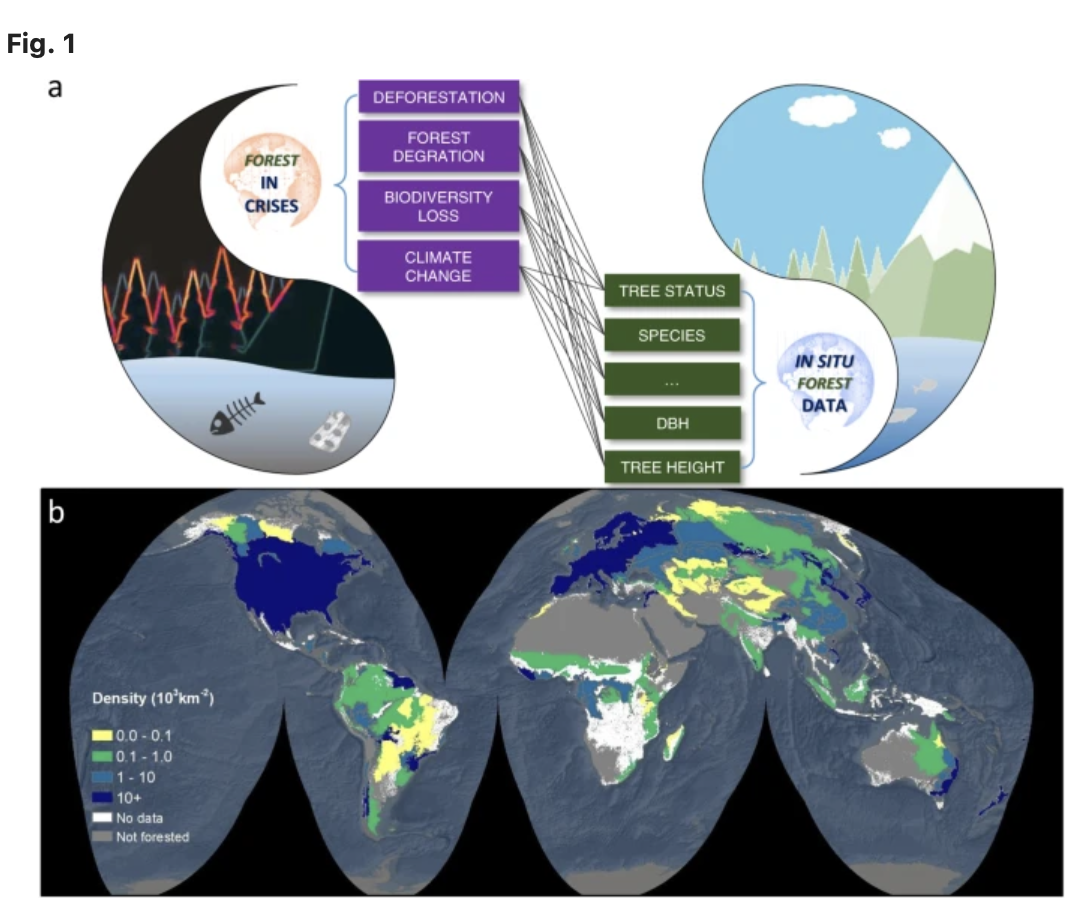
Empowering Open Data Initiatives💡
To close the gaps in forest data sharing, the study suggests several actions:
- Legal and Institutional Agreements: Governments and institutions should work together to create data-sharing agreements that follow international open data standards.
- Innovative Funding: New funding models, such as linking forest inventories with climate initiatives like REDD+, can support ongoing data collection and sharing, especially in low-income countries.
- Capacity Building: It's crucial to invest in training forest scientists and tree taxonomists in the Global South to increase data coverage and ensure sustainable forest management.
📌 What other strategies could help improve global forest data sharing?
Open Up! (G)FBI!🔓
The study underscores how transparency and data sharing are fundamental to tackling global environmental challenges. Initiatives like the Global Forest Biodiversity Initiative (GFBI), which manages over 1.2 million forest inventory plots, demonstrate the power of shared data in fostering international collaboration, although access to raw data is managed under specific agreements.
But this is just the beginning—more collective action is needed to ensure the world’s forests are protected for future generations. By responsibly sharing data, we can equip researchers, policymakers, local communities, and the public with the tools they need to make informed decisions, from local reforestation projects to global conservation policies.
👉 👉The GFBI contains over 1.3 million sample plots, many (though not all) of which are available upon request.
Works Cited
Liang, J., Gamarra, J.G.P. The importance of sharing global forest data in a world of crises. Sci Data 7, 424 (2020). https://doi.org/10.1038/s41597-020-00766-x
Published under Creative Commons Licencse
Author Profiles
Jingjing Liang in Nature | Jingjing Liang in Google Scholar
Javier Gamarra on Google Scholar | Javier Gamarra on ORCID

